Keywords: Military
There are more than 24 results, only the first 24 are displayed here.
Become a subscriber for more search results.
-
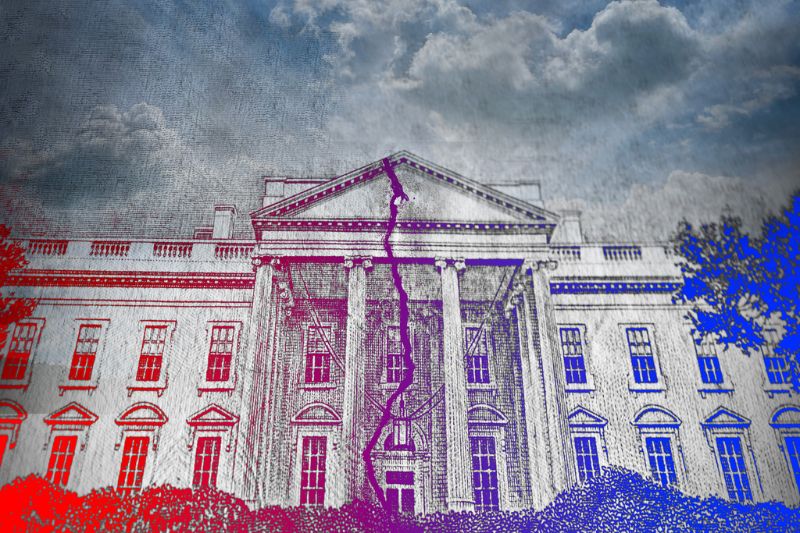
INTERNATIONAL
- David James
- 26 February 2025
With China and Russia asserting influence, alliances shifting, and economic nationalism rising, the unipolar era may be over. Is the U.S. retreating, recalibrating, or losing control? For decades, America dictated the global order. Now, the world is learning to move without it.
READ MORE
-

INTERNATIONAL
- Claire Heaney
- 21 February 2025
For 200 years, the power of presidential mercy has shaped America’s justice system. But with tensions heightened by numerous controversial pardons by both Trump and Biden, has this constitutional safeguard become a political weapon, that threatens the balance of democracy?
READ MORE 
-
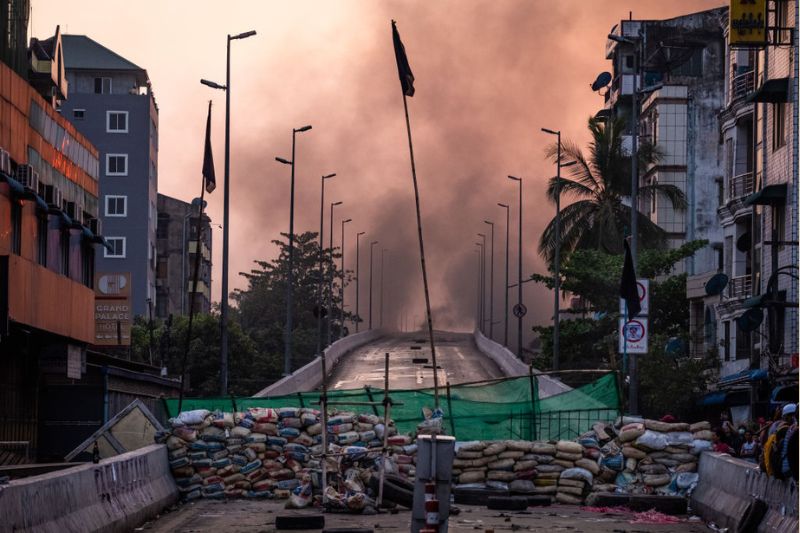
INTERNATIONAL
- Anonymous
- 20 February 2025
Myanmar’s military-led turmoil drives millions from their homes, bombs local communities, and keeps democracy icon Aung San Suu Kyi behind bars. Once a nation of proud heritage and abundant resources, it now teeters on social and economic collapse. Our deep dive examines an enduring crisis and the determination powering an urgent call for change.
READ MORE
-
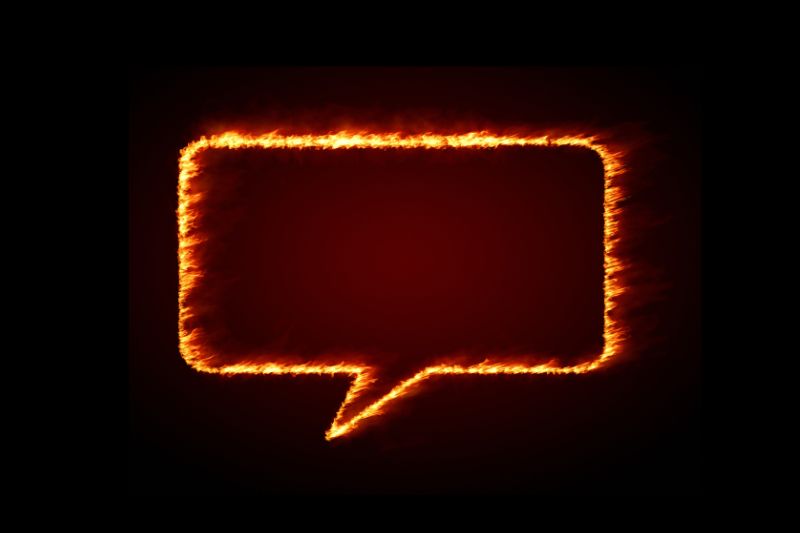
INTERNATIONAL
- Andrew Hamilton
- 19 February 2025
The shockwaves of the Hamas attack on Israel and the Israeli military’s response in Gaza have ignited protests, inflamed divisions, and prompted a reckoning with rising antisemitism. As hostilities pause, how should societies distinguish between legitimate criticism and rhetoric that fuels hate?
READ MORE
-
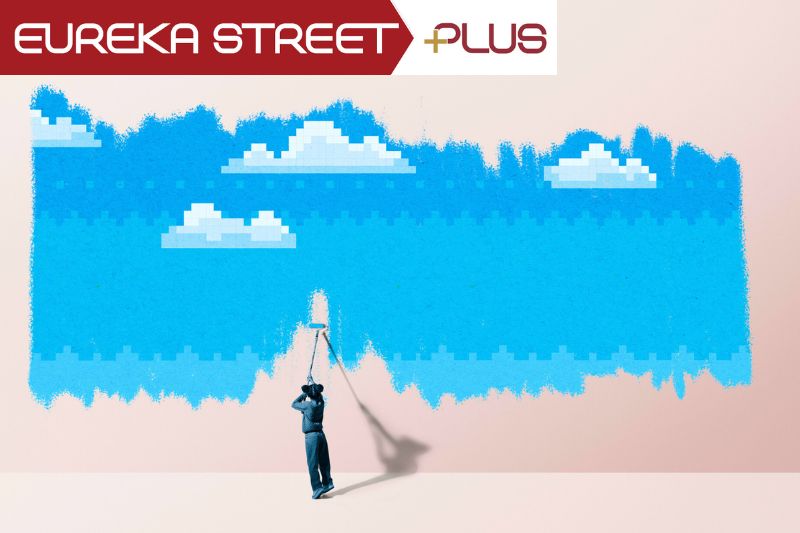
INTERNATIONAL
- Jenny Sinclair
- 07 February 2025
In the wake of Elon Musk’s tumultuous Twitter takeover, the social media landscape has fractured, scattering digital discourse across competing platforms. Bluesky, Threads, and Mastodon each offer a vision of what comes next, but will any replicate the vital, unruly town square Twitter once was?
READ MORE 
-
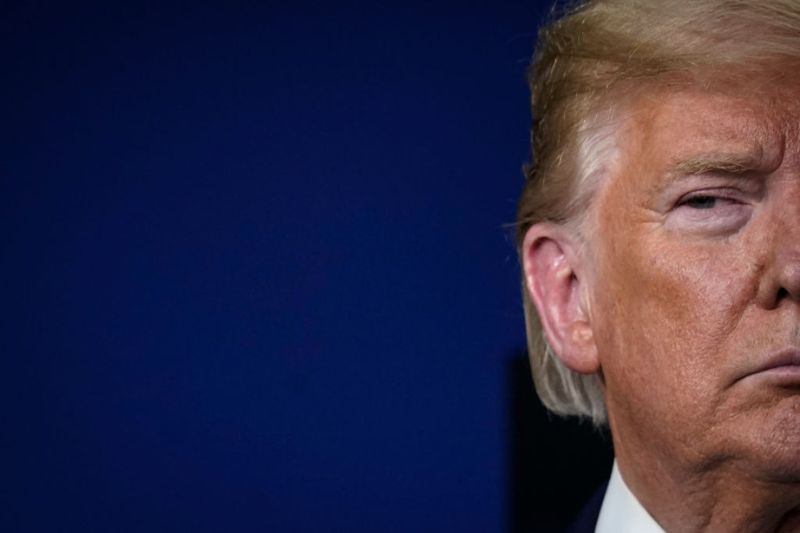
INTERNATIONAL
- Andrew Hamilton
- 06 February 2025
Donald Trump’s presidency, often dismissed as chaotic, follows a clear, transactional logic: power over principle, loyalty over institutions, and reshaping America into a high-stakes deal-making enterprise. But history suggests such a system cannot last. In the meantime, how should we respond?
READ MORE
-
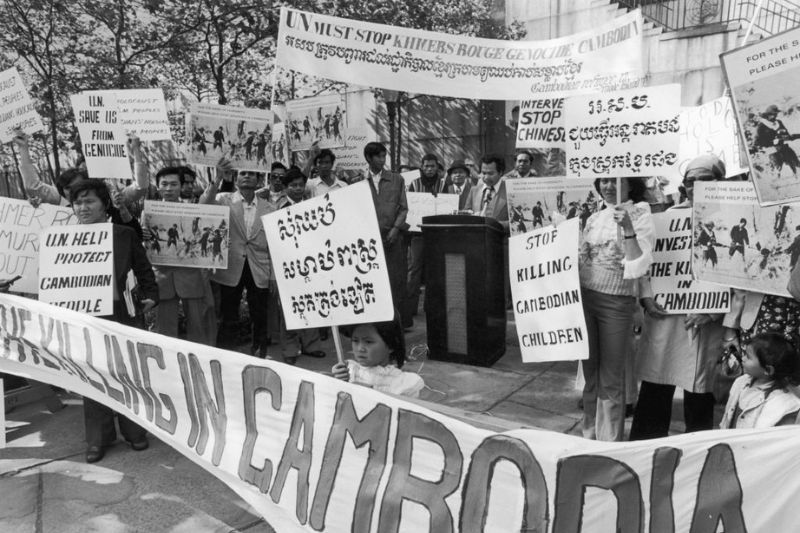
RELIGION
- Ray Cavanaugh
- 05 February 2025
When the Khmer Rouge seized Cambodia, Western intellectuals dismissed reports of atrocities as propaganda. But French missionary Fr François Ponchaud persisted in exposing the regime’s horrors. With his passing, we remember a man who saw the truth before the world was ready to listen.
READ MORE
-
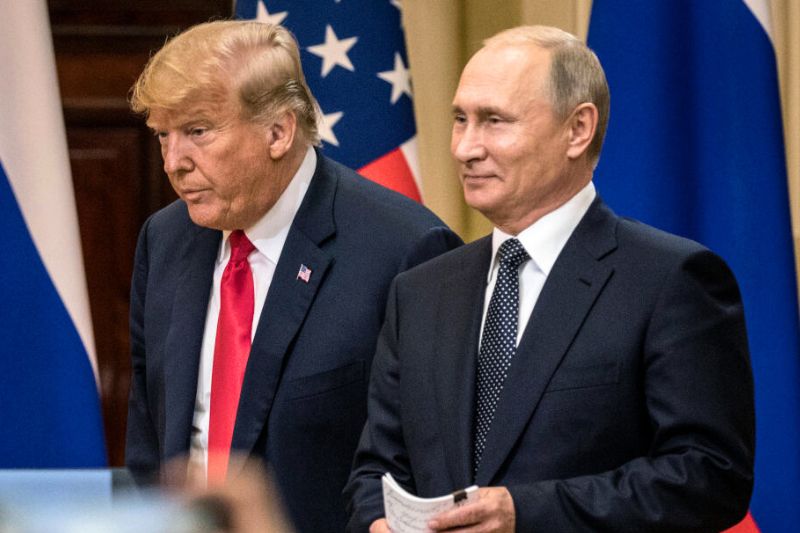
INTERNATIONAL
- Sergey Maidukov Sr.
- 04 February 2025
As global powers weigh the prospect of negotiating with Vladimir Putin, indicted for war crimes, the moral dilemma looms: can peace justify sitting down with a war criminal? This question, compounded by the ongoing suffering in Ukraine, forces leaders to balance expediency against the principles of justice, accountability, and human rights.
READ MORE
-
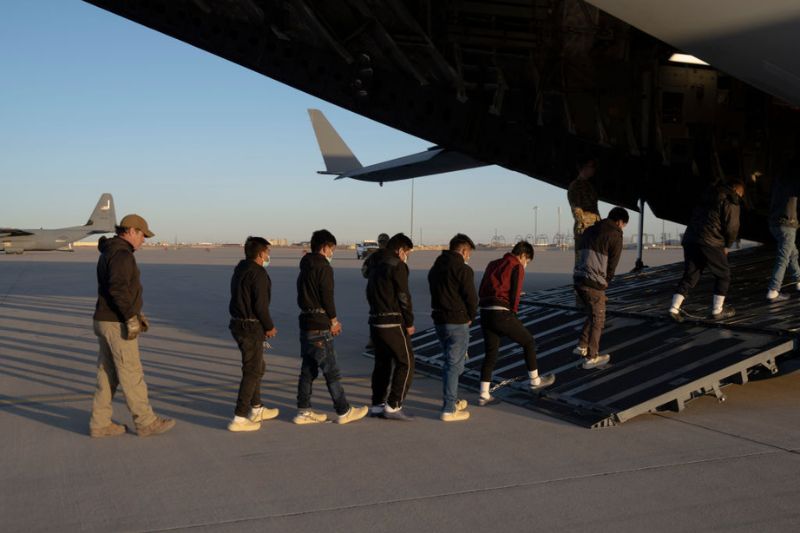
INTERNATIONAL
- Andrew Hamilton
- 30 January 2025
The United States' recent shift in immigration policy towards exclusions and deportations is a modern moral reckoning. It underscores the tension between a society’s right to regulate its borders and its responsibility to uphold the dignity of those who already call it home.
READ MORE
-

INTERNATIONAL
- David Halliday
- 13 December 2024
In 2024, a fifth of Americans reported having no close friends, and the number is growing, especially among those without college degrees. So what are the societal structures behind this crisis in loneliness, and how we can rebuild meaningful connections?
READ MORE 
-
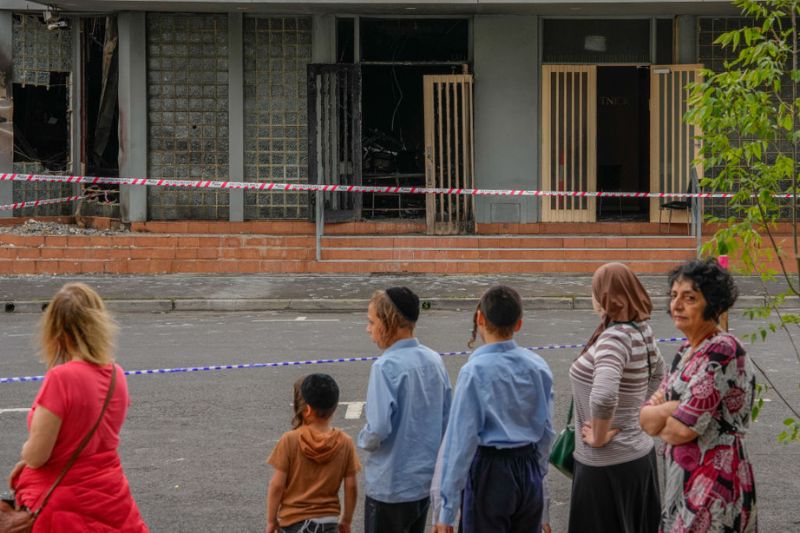
AUSTRALIA
- Andrew Hamilton
- 12 December 2024
The firebombing of Melbourne's Adass Israel Synagogue is a profound tragedy, reflecting the weight of historical hatred and contemporary tensions. Amid global grief and anger, this act of antisemitism compels us to reflect on the shared humanity of all people and the urgent need for peace, understanding, and ethical leadership.
READ MORE
-
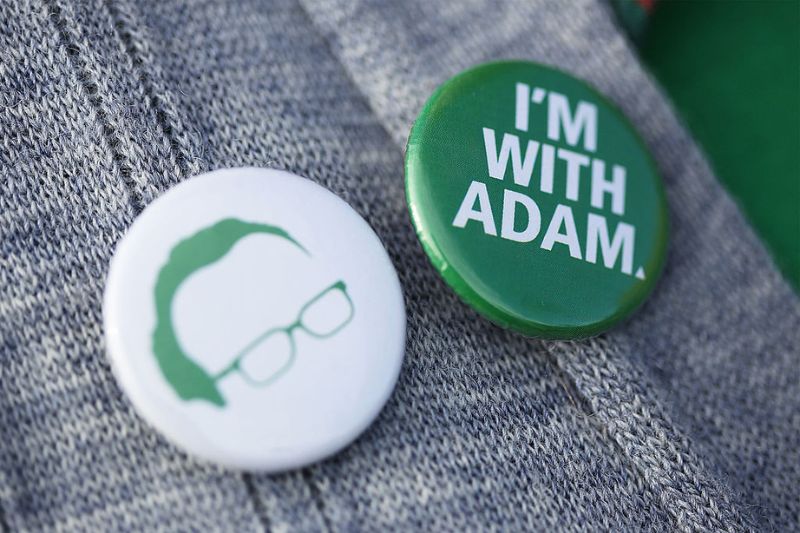
AUSTRALIA
- Erica Cervini
- 25 November 2024
4 Comments
Once seen as the champions of climate action and progressive politics, the Greens are now grappling with internal chaos, falling poll numbers, and a disillusioned voter base. From controversies over identity politics to disputes about housing and Middle East policies, the party is facing a critical question: What do they stand for today?
READ MORE